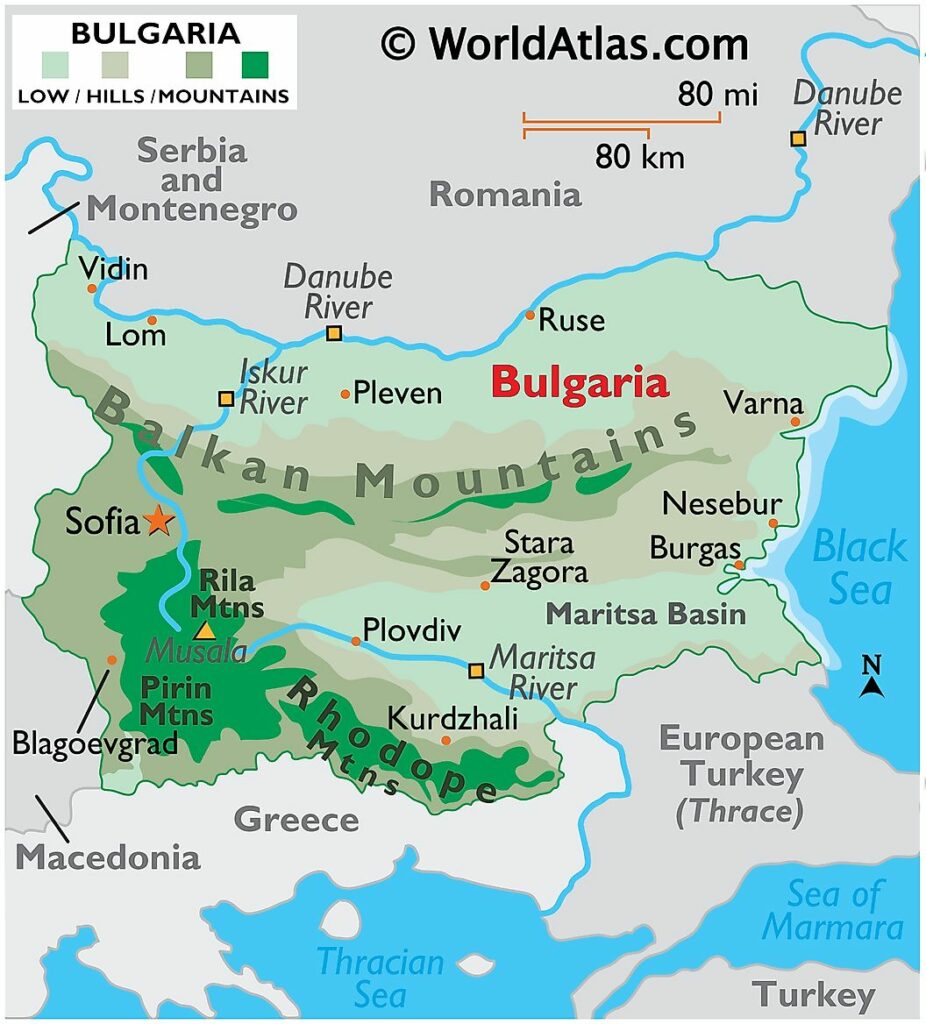Bulgaria
Bulgaria is a nation of many hidden treasures, full of history, and colored with opportunity. It ranks as the third largest country in Southeastern Europe (after Romania and Greece) and enjoys picturesque mountain ranges, including the highest peak in the Balkan region, Musala. The Danube and Thracian plains represent Bulgaria’s lowest and most fertile regions. Here grows the famous “liquid gold” of Bulgaria–rose oil–which is used to make perfumes, chocolates, liqueur, and jam, and has been cultivated in the Rose Valley for more than 300 years.
Bulgaria’s unique geography provides a strategic gateway between the Muslim world in the east and Christian Europe in the west. A nation once controlled by the Ottoman Empire, it later fell to communism and became known as “Russia’s little brother.” Today, Bulgaria has a democratic republic government that ensures religious freedom. However, it’s a place of much spiritual bondage with many links to the occult. Bulgaria needs Christ.
More Information About Bulgaria
- Population: 7 million
- Official Language: Bulgarian
- State of the Economy: Bulgaria has an open, upper middle income range market economy where the private sector accounts for more than 70% of GDP. Once a largely agricultural country, today Bulgaria had transformed into an industrial economy. There was a steep decline in industrial and agricultural production in 1990, followed by an economic collapse in 1997. The economy largely recovered during a period of rapid growth several years later, but the average salary remains the lowest in the EU.
- Religion: 59.5% Bulgarian Orthodox, 1.6% Other Christian, 9.3% No religion, 7.9% Islam, 0.3% Others, 21.5% No answer
- State of the Church: After the collapse of communism in 1989, the underground church re-emerged, and the country experienced an outburst of interest in various religious forms. New church buildings were constructed, anti-religion hate speech in the media quieted down, and smaller religious communities experienced growth.
Several factors contributed to church growth: a profusion of Christian publications and Bible translations; access to theological education; mission activities; liberal internet access; ministry among outcasts; social advocacy; youth camps; relatively impartial national media; and public religious tolerance. Evangelicals represent 1.98% of the population.
Total Population
6,849,000
Population in Unreached
628,000 (9.2%)
Largest Religion
Christianity (82.4%)
% Christian Adherent
82.4%
% Evangelical
1.98%
Evangelical Annual Growth Rate
0.7%
(Global Rate = 2.6%)
(Source: JoshuaProject.com. For more detailed information, visit https://joshuaproject.net/countries/BU
Note: where more current statistics are known, those are being used in place of Joshua Project.)


